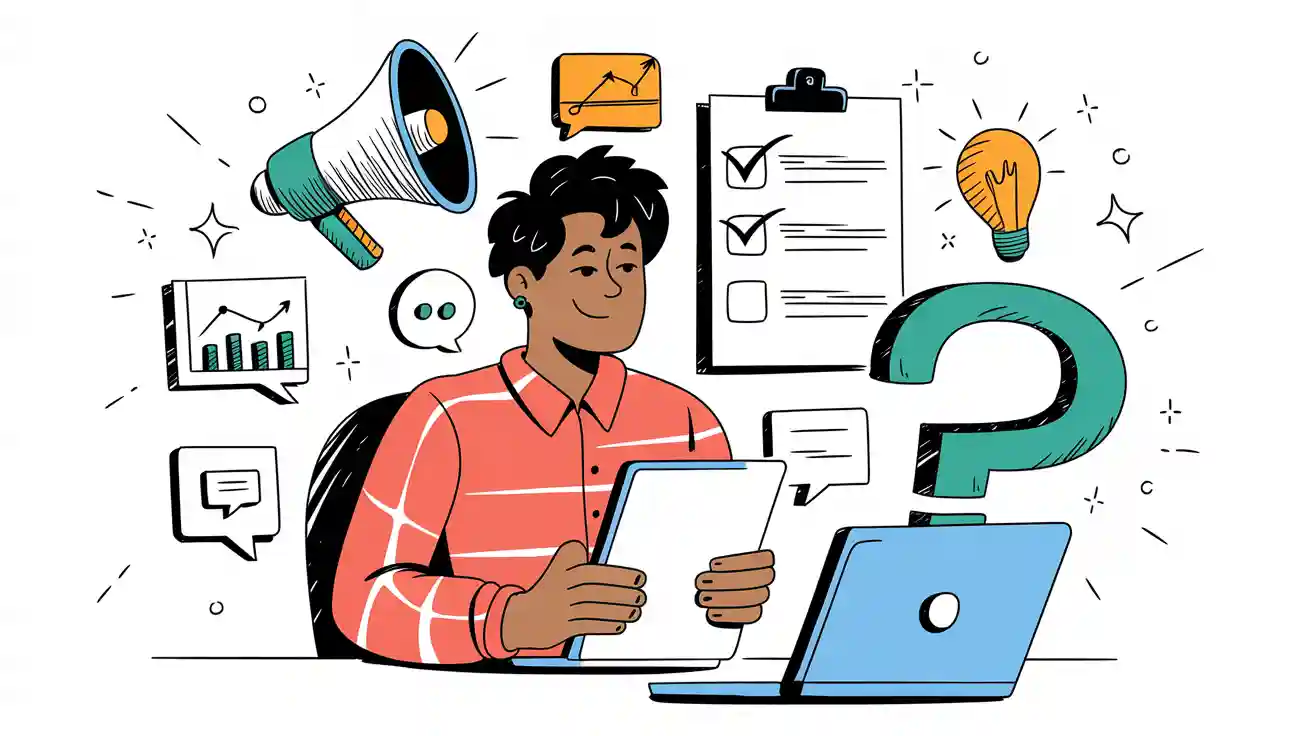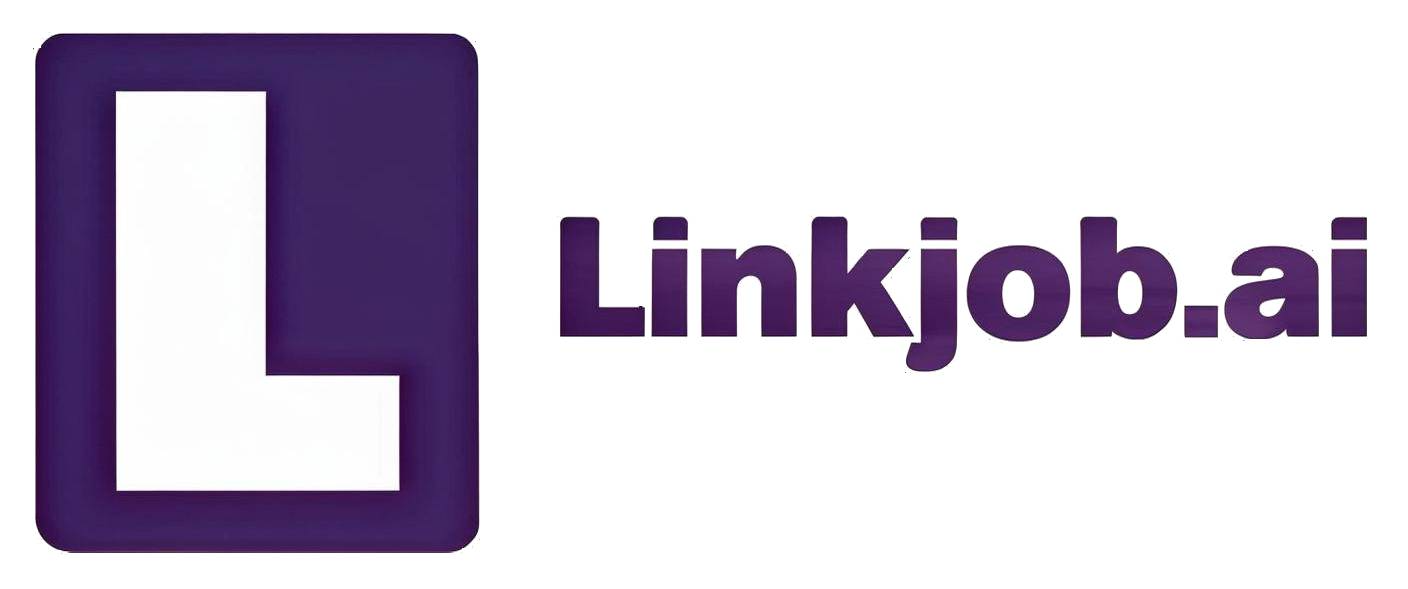Top Digital Marketing Interview Questions to Help Freshers Get Hired

I remember how nervous I felt before my first digital marketing interview. My mind raced with doubts and I wondered if I could handle tough digital marketing interview questions for freshers. I know the pressure can feel overwhelming. You want to make a strong impression but sometimes your mind just goes blank. I learned that confidence comes from practice and having the right strategies in place. You can walk into that interview room prepared, calm, and ready to show what you know.
Digital Marketing as a Career
Opportunities for Freshers
When I first looked into digital marketing, I saw a field full of energy and change. Every day, new tools and platforms pop up. This means freshers like you have more chances than ever to start strong.
With so many new jobs, I feel excited about the future. The demand for digital skills keeps rising, so now is a great time to jump in.
Why Interview Preparation Matters
I remember feeling nervous before my first interview. I wanted to stand out, but I didn’t know what to expect. That’s when I realized how important it is to prepare for digital marketing interview questions for freshers. Good preparation helps me feel calm and ready.
When I practice, I learn how to talk about my skills and show my passion for digital marketing. I also get better at handling tricky questions. The more I prepare, the more I understand what employers want. This gives me an edge over other candidates.
Digital Marketing Interview Questions for Freshers
General Questions
Why did you choose a career in digital marketing?
Sample answer: I chose digital marketing because I enjoy combining creativity with data. The field is constantly evolving, which excites me. I’m particularly drawn to how digital channels allow brands to build real-time, measurable relationships with customers. I also love learning new tools and trends, and I see endless growth opportunities in this space.
What digital marketing tools are you familiar with?
Sample answer: As a fresher, I’ve explored tools like Google Analytics, Meta Business Suite, and Canva for social media content. I’ve also taken online courses where I practiced using SEMrush for keyword research and Mailchimp for email marketing. I’m still learning, but I’m comfortable navigating new platforms quickly and enjoy experimenting with different tools to find what works.
SEO and SEM
What’s the difference between SEO and SEM?
Sample answer: SEO focuses on improving a website’s organic visibility in search engines through content, keywords, and backlinks. SEM, on the other hand, includes paid strategies like Google Ads. While SEO takes time, it’s more sustainable long-term. SEM offers immediate visibility but requires a budget. I believe both should complement each other in a well-rounded strategy.
How would you optimize a webpage for SEO?
Sample answer: I’d start by researching relevant keywords and placing them strategically in the title, headings, and meta descriptions. I’d also ensure the page has a clean URL, internal links, and loads quickly on all devices. Additionally, I’d focus on writing helpful, original content and include image alt tags to improve accessibility and search visibility.
Social Media
Which platforms would you choose to promote a new product, and why?
Sample answer: It depends on the target audience. For a product aimed at Gen Z, I’d prioritize TikTok and Instagram Reels due to their short-form, visual nature. For a B2B product, LinkedIn would be more effective. I also look at platform trends and analytics to see where engagement is highest before making a final decision.
How would you measure the success of a social media campaign?
Sample answer: I’d track KPIs like engagement rate, reach, and click-through rate. If the goal is conversions, I’d also monitor leads or sales generated from social media. I’d use tools like Meta Insights or LinkedIn Analytics to analyze performance and adjust the strategy based on what content is driving results.
Content Marketing
What makes good content in digital marketing?
Sample answer: Good content solves a problem or answers a question the target audience cares about. It should be engaging, well-written, and aligned with the brand voice. I also believe strong content is backed by SEO research and includes clear CTAs to guide the reader toward the next step.
How would you plan a content calendar for a brand?
Sample answer: I’d start by identifying key themes, product launches, or seasonal events. Then I’d map out weekly content across platforms, balancing educational, promotional, and interactive posts. I’d use tools like Notion or Google Sheets to organize it, and always build in flexibility for trending topics or updates.
PPC and Email
What are the key elements of a successful PPC ad?
Sample answer: A successful PPC ad has a compelling headline, relevant keywords, and a clear value proposition. It also includes a strong CTA that encourages users to take action. I’d ensure the landing page matches the ad’s promise to avoid bounce and improve quality score.
How would you approach building an email marketing campaign?
Sample answer: First, I’d define the goal—like nurturing leads or promoting a sale. Then I’d segment the audience and write personalized, engaging content with a strong subject line. I’d A/B test subject lines and CTAs to see what resonates best and use email platforms like Mailchimp to automate and track the campaign performance.
Analytics and Metrics
How do you know if a campaign was successful?
Sample answer: I look at metrics tied to the campaign goals—like conversions, ROI, or engagement. I also compare the results to benchmarks or past performance. If the campaign exceeded its KPIs or delivered valuable insights for future strategy, I’d consider it successful, even if there’s still room for optimization.
What metrics would you track for a blog post?
Sample answer: I’d track page views, average time on page, bounce rate, and conversions if there’s a CTA. I’d also look at keyword rankings to measure SEO impact. These metrics help me understand not just how many people visited, but whether they found the content valuable enough to stay or take action.
Scenario-Based
A client’s website traffic dropped suddenly. What would you do?
Sample answer: I’d first check Google Analytics to identify when the drop occurred and whether it affected all pages or just some. Then I’d look for technical issues—like broken links or indexing errors—and check for algorithm updates. I’d also review recent content or changes made to the site. From there, I’d build a recovery plan based on what I find.
You launched a campaign, but it’s not performing well. What’s next?
Sample answer: I’d review the ad copy, targeting, and landing page to find gaps. Then I’d check if the campaign aligns with the audience’s needs and test variations of the creatives or offers. I believe in testing fast, learning quickly, and making data-driven adjustments rather than guessing what went wrong.
Answering Strategies
Structuring Responses
When I prepare for interviews, I always look for a clear way to organize my answers. The STAR method works best for me. It stands for Situation, Task, Action, and Result. This method helps me tell a story that makes sense and shows what I achieved. For example, if someone asks about a time I solved a problem, I start by describing the situation, then explain my task, share the actions I took, and finish with the results. I like to keep my answers focused and easy to follow.
I also use frameworks like the AIDA model or the RACE framework when I need to explain marketing strategies. These help me break down my thinking and show I understand the steps in a campaign.
Demonstrating Skills
I learned that employers want to see both technical and soft skills. Almost every hiring manager I met valued teamwork, problem-solving, and communication as much as technical know-how. I always mention times I worked with others, solved problems, or learned new tools. This shows I can adapt and work well in any team.
Using Examples
I like to use real examples from my coursework, internships, or projects. Sharing these stories makes me feel more confident and shows I can turn what I learned in class into real results. When I practice with AI-powered mock interviews like Linkjob, I get feedback that helps me improve my answers and build even more confidence.
Real-Time Interview Success
Staying Calm
I know how easy it is to feel nervous when the interview starts. My heart races and my mind sometimes goes blank. I learned that taking a deep breath helps me slow down. I remind myself that I prepared well. I focus on the question, not on my nerves. Sometimes, I even smile to relax my face. When I do this, I feel more in control. I also keep a bottle of water nearby. A quick sip gives me a moment to think. I tell myself, “You’ve got this.” That little boost makes a big difference.
Handling Unexpected Questions
Sometimes, interviewers ask questions I did not expect. I used to panic when this happened. Now, I pause and think before I answer. I break the question into smaller parts. I ask for clarification if I need it. I remember that it is okay to take a moment. I use what I know from my studies or past projects. If I do not know the answer, I stay honest and show how I would find the solution. This shows that I can think on my feet and handle pressure.
Using AI Support
I discovered that practicing with AI tools changed how I approach interviews. Linkjob’s Real-Time AI Interview Assistant listens during my actual interview. It detects the interviewer’s questions and gives me smart, context-aware answer suggestions right away. This support helps me understand tricky questions and structure my answers. I avoid mistakes and stay focused. Many users say they feel more confident after using Linkjob. Studies show that people who use AI-powered interview simulations feel 30% more ready for real interviews. I noticed my anxiety dropped and my answers improved. I find it just as helpful for digital marketing interviews. Instant feedback and live support give me a real edge when every answer counts.
Ready to Ace Your Digital Marketing Interview?
Nail your next interview with Linkjob. Run unlimited mock interviews to get fully prepared—and when it’s go-time, use real-time answer suggestions and smart prep-notes to stay sharp during your actual online interview.
Start your free trial today and step into your interview with confidence!
Essential Skills and Tools
Key Skills for Freshers
When I started learning digital marketing, I realized that having the right skills made all the difference. Here are the skills I found most important as a fresher:
Basic SEO knowledge helps me understand how websites rank on Google.
Content creation lets me make posts, videos, and blogs that people want to read or watch.
Conversion Rate Optimization (CRO) teaches me how to turn visitors into customers.
AI and machine learning skills help me analyze data faster and create better content.
Video marketing skills let me reach people on YouTube, Instagram, and TikTok.
I also noticed that employers look for more than just technical skills. They want strong communication, creativity, and problem-solving. I try to pay attention to details and show that I can work well with others. Writing and data analysis are also key. These skills help me create good content and understand what works.
Must-Know Tools
I quickly learned that knowing the right tools gave me an edge. Some tools I use almost every day:
Google Analytics helps me track who visits my website and what they do.
SEMrush is great for keyword research and checking SEO health.
Hootsuite lets me schedule and manage social media posts.
Canva makes it easy to design eye-catching graphics.
Mailchimp helps me send and track email campaigns.
HubSpot keeps my marketing and customer info in one place.
Google Ads lets me run paid search campaigns and see results.
Getting certified in tools like Google Analytics, HubSpot, or Facebook Blueprint also boosted my job chances. Most companies want to see that I can use these tools well.
Staying Updated
Digital marketing changes fast. I make it a habit to read blogs, join webinars, and follow industry leaders on social media. I also connect with other marketers to share tips and learn new trends. Continuous learning keeps my skills sharp and helps me stay ahead in this growing field. I know that the more I learn, the more valuable I become to employers.
I know landing your first digital marketing job can feel tough, but you can do it. When I practiced answering digital marketing interview questions for freshers and used tools like Linkjob, I felt more confident. Real-time support helped me stay calm and focused during interviews. If you prepare well and use smart tools, you can walk into your next interview ready to impress. Go for it—you’ve got this!
FAQ
What should I do if I get nervous during a digital marketing interview?
I take a deep breath and remind myself that I prepared well. I focus on the question and answer slowly. If I need a moment, I ask for a second to think. Staying calm helps me do my best.
How can I practice for digital marketing interviews at home?
I use mock interviews with friends or AI tools like Linkjob. I record myself answering questions and review my answers. Practicing out loud helps me sound more confident and spot areas to improve.
Do I need to know every digital marketing tool before my first job?
No, I do not need to know every tool. I focus on learning the basics of popular tools like Google Analytics and Canva. I show that I am willing to learn new tools on the job.
What if I do not know the answer to a question?
If I do not know the answer, I stay honest. I explain how I would find the solution or where I would look for help. This shows that I can solve problems and keep learning.
Can AI really help me during a live interview?
Yes! I use Linkjob’s Real-Time AI Interview Assistant. It listens to my interview, detects questions, and gives me smart answer suggestions. This support helps me stay focused and answer even tough questions with confidence.

